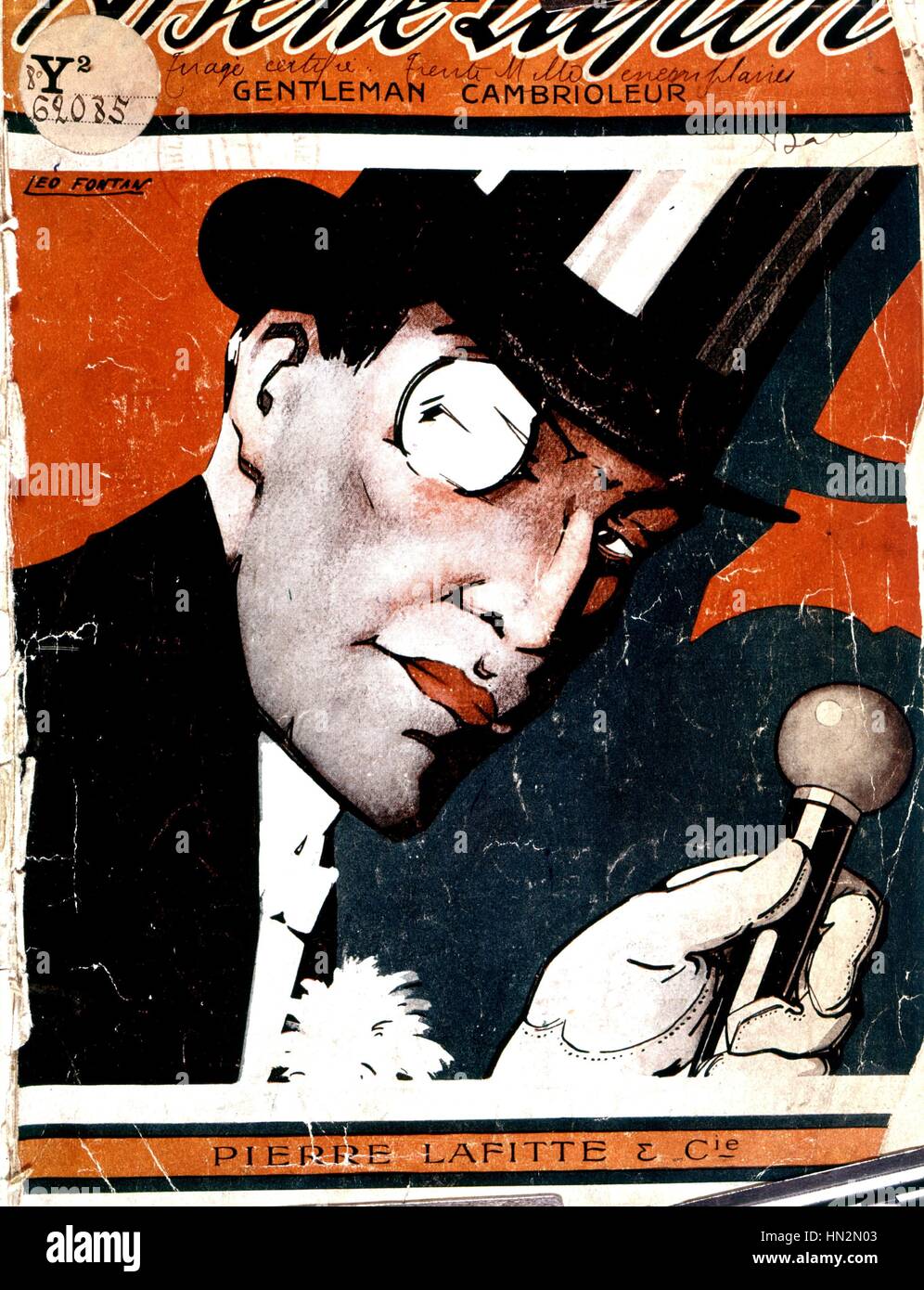
A woman's jewels are stolen and d'Andrèzy courts Miss Nelly. The ship's guests, led by Bernard d'Andrèzy, try to weed out the thief with only a partial description of his appearance and the first letter of the alias he is using. 6, 15 July 1905): During a trip to America, it is learned that famous thief Arsène Lupin has made it aboard the ship. "The Arrest of Arsène Lupin" ("L'Arrestation d'Arsène Lupin") Je sais tout, No.

The seventh features English detective Sherlock Holmes, changed in subsequent publications to "Herlock Sholmes" after protests from Arthur Conan Doyle's lawyers, as seen in the second collection Arsène Lupin versus Herlock Sholmes. It contains the first nine stories depicting the character, first published in the French magazine Je sais tout, the first one being on 15 July 1905. The paper focuses on racial discrimination in the series and compares Maurice Leblanc’s Arsène Lupin, Gentleman-Burglar and Netflix’s Lupin series through the lens of Dudley Andrew’s Modes of Adaptation.Arsène Lupin, Gentleman Burglar ( French: Arsène Lupin, gentleman-cambrioleur) is the first collection of stories by Maurice Leblanc recounting the adventures of Arsène Lupin, released on 10 June 1907. In the Lupin series, Assane Diop, the protagonist, steals a necklace in the auction, which lets him to face various consequences. The Lupin series (2021), broadcasted on Netflix, is a modern-day approach of Arsène Lupin. In the novel, Arsène Lupin, Gentleman-Burglar (1907), a crime novel, Maurice Leblanc narrates a story of a thief, Arsène Lupin, who commits robbery without any traces or evidences using his wit. ‘Intersecting’ converges the text with the contemporary world and ‘Transformation’ treats the literary work as an outline and weaves a similar story without affecting the originality of the source work. ‘Borrowing’ denotes the exact imitation of the work as a film.


Dudley Andrew classifies three modes of adaptation. Dudley Andrew’s Modes of Adaptation is taken for the analysis/study. The primary concern of adaptation is fidelity, the degree to which a film reflects the original work, theorists suggest various approaches, perspectives and concepts to understand the original source and the adapted work. Adaptation elongates the survivability of the text. Adaptation refers to adapting literary works (short stories, novels) into another medium (play, film, television series).


 0 kommentar(er)
0 kommentar(er)
